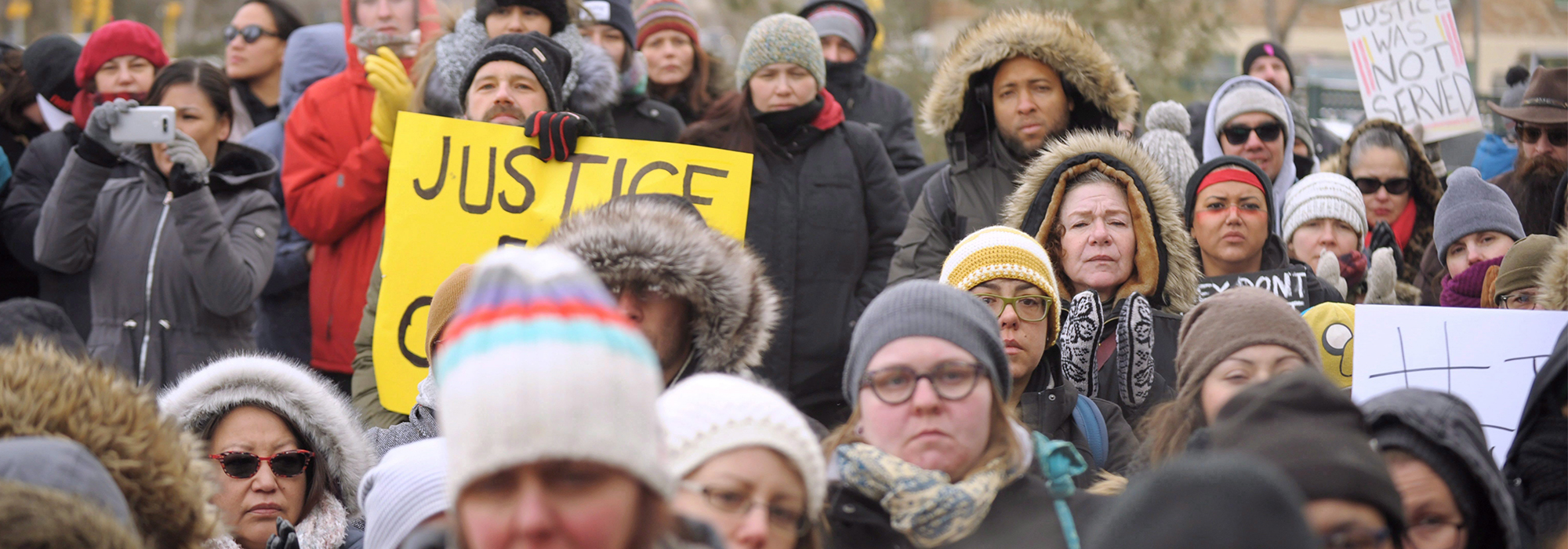
This article has been translated into French.
No one disputes that the criminal justice system is in need of major improvements. It requires fundamental change, and this requires not only a clear vision but also political courage. The minister of justice, Jody Wilson-Raybould, has embarked on a project to transform the criminal justice system and ensure that it reflects the “kind of country we want Canada to become.” One would be hard-pressed to define criminal law reform in more ambitious terms. The reform process will have to address many challenges. On March 29, as a first instalment, the minister introduced legislation to improve the efficiency of the system and reduce court delays. The proposed legislation does not address every important issue, but it proposes daring and potentially controversial measures to transform key aspects of the criminal justice process.
With respect to what sort of justice system would reflect the “kind of country we want Canada to become,” one may doubt very much that a consensus really exists or is even possible around a system that would reflect every aspiration of Canadians. Proposed reforms will have to find a way to reconcile or at least find a middle ground among competing Canadian visions of the future of the criminal justice system. Among these visions, one recognizes a bureaucratic/technocratic version of law reform (with a focus on improving the system’s efficiency, shortening the process or finding alternatives to it, and cutting costs); a more idealistic version (improving fairness, buttressing the rule of law and protecting the rights of vulnerable people and groups); a systemic approach; a more aspirational view; and a resolutely more populist version (aiming to respond to expressions of public fear and a view based on the supremacy of the role of punishment and deterrence). Which will it be?
With respect to what sort of justice system would reflect the “kind of country we want Canada to become,” one may doubt very much that a consensus really exists or is even possible around a system that would reflect every aspiration of Canadians.
These visions sometimes contain grounds for agreement. This is the case for arguments in favour of reducing delays in criminal proceedings, as exemplified by the report last year of the Standing Senate Committee on Legal and Constitutional Affairs, Delaying Justice Is Denying Justice; the need to address these delays was rendered urgent by the 2016 Supreme Court decision in R. v. Jordan. More often, however, visions clash, as was the case when a previous government inspired by a more populist vision adopted mandatory minimum penalties for several types of crime in the name of promoting public safety. More recently, the verdict in the trial of Gerald Stanley, found not guilty in the death of young Cree man Colten Boushie, divided Canadians pretty evenly and raised concerns once more about the process of jury selection.
It does not help much to turn to public survey data to tease out what might be the basis of an improbable consensus on the future of the criminal justice system. Surveys, such as the 2016 National Justice Survey commissioned by the Department of Justice, reveal how fragmented public opinion is on key criminal justice issues. Public expectations of that system are steadily increasing and not always very realistic. These days, public safety is a commodity in high demand, and the criminal justice system struggles to define its own responsibilities and limitations in that regard.
Canadians do have a fairly high level of confidence in their justice system, yet that trust is not unassailable. It matters that Canadians who have had contact with the system.
Improving confidence in the criminal justice system is another key challenge. Minister Wilson-Raybould, when she unveiled her most recent reform proposal, explained that “Canadians deserve a justice system that reflects their values and in which they can have confidence.” According to data from the General Social Survey published in 2015, Canadians do have a fairly high level of confidence in their justice system, yet that trust is not unassailable. It matters that Canadians who have had contact with the system, as revealed by the National Justice Survey, express less confidence than Canadians with no contact.
A survey conducted earlier this year by the Angus Reid Institute suggests that public confidence in the justice system overall might have declined recently and confirms that that level is even lower among visible minorities. The same survey revealed that more than 6 in 10 Canadians (62 percent) believe that the justice system is “too soft” on offenders. Public trust in institutions is hard earned but easily dissipated. Is that trust particularly at risk in a “post-truth” world, where the opinions of experts matter much less than they used to and where, to paraphrase John F. Kennedy, everyone can enjoy the comfort of an opinion, without the discomfort of having to confront it with logic or evidence? How relevant, for example, is the advice of University of Toronto criminology professor Anthony Doob on the need for a “values and evidence approach to sentencing” when the public debate around sentencing remains at an entirely different and simplistic level?
Restorative justice, a case in point, is expected to be highlighted in the proposed reforms. It was included in the mandate letter of the minister of justice. Its advocates present it, albeit not always very convincingly, as a means to fundamentally transform the justice system, and as a way to bridge the divide with Indigenous communities, to better address the needs of victims, to respond to some serious crimes, including domestic violence, and to provide a more direct and satisfying path to access justice — or simply as a way to reduce costs.
Can we assume that Canadians are ready to rely on nonretributive alternatives to the current system? Research in many countries shows that public knowledge of restorative justice is limited, but that public attitudes about it and its core elements of reparation and participation are quite positive. Still, support for restorative justice programs is not universal. In the recent National Justice Survey, over one-third of respondents expressed concerns about the use of these processes in the criminal justice system.
Canadians can hardly be blamed for entertaining various misgivings about criminal justice. They really do not know much about how the system functions. There is a baffling lack of good performance data on its functioning and on the outcomes of the criminal justice process. The system is complex and opaque, and the public is constantly exposed to sensationalized and fear-mongering depictions of crime and justice. This is one of the most persistent challenges of criminal law reform. Efforts are required to develop valid, credible and publicly accessible data on the system and its performance and efficiency as a foundation for public discourse and debate and for criminal justice policy development.
Late last year, the Department of Justice launched a consultation on the development of a transparent performance measurement framework for the criminal justice system. In the context of the federal government’s commitment to deliver measurable results in all sectors, one can only applaud these initiatives, even if they may not immediately contribute to informing the debate on the merits of the expected reform proposals.
The minister of justice and her officials may prefer the rational approach and may hope that improving public knowledge of the criminal justice system and carefully explaining the proposed reforms will be sufficient to build consensus around them. But it will probably not be that easy to develop the necessary support, within and outside the justice system, to effect the proposed transformation. More information and consultations may not be enough. In fact, the politics of criminal law reform may have profoundly changed. When knowledge and understanding are generated by distributed and unaccountable sources and when pseudo-facts are repeated with little regard for their veracity in the echo chambers created by social media, how can the brave law reformer manage the debates that are so essential to fundamental reform?
This article is part of the Widening the Lens on Criminal Justice Reform special feature.
Photo: Protesters participate in a rally in Regina following the not guilty verdict in the Gerald Stanley trial on Feb. 10, 2018. Stanley was acquitted in the shooting death of 22-year-old Colten Boushie, a resident of the Red Pheasant First Nation. THE CANADIAN PRESS/Mark Taylor.
Do you have something to say about the article you just read? Be part of the Policy Options discussion, and send in your own submission. Here is a link on how to do it. | Souhaitez-vous réagir à cet article ? Joignez-vous aux débats d’Options politiques et soumettez-nous votre texte en suivant ces directives.









